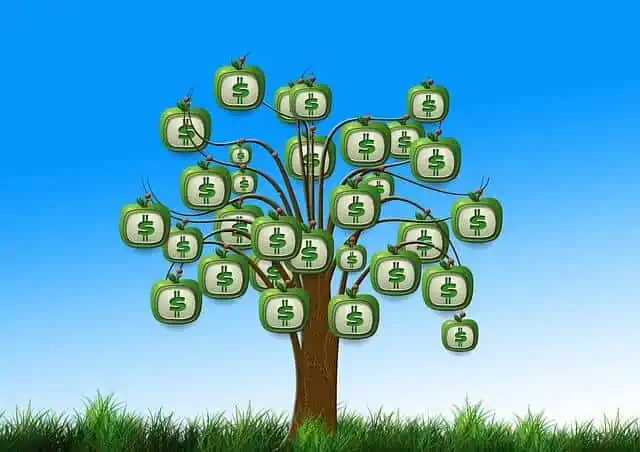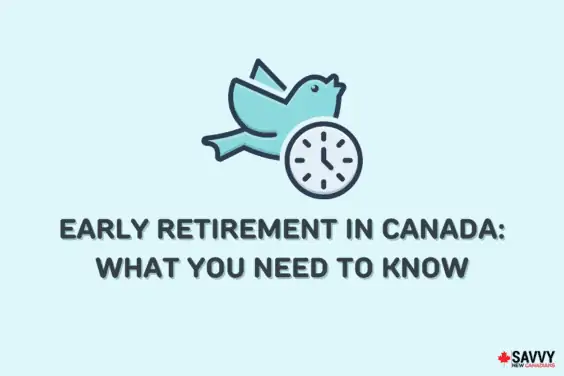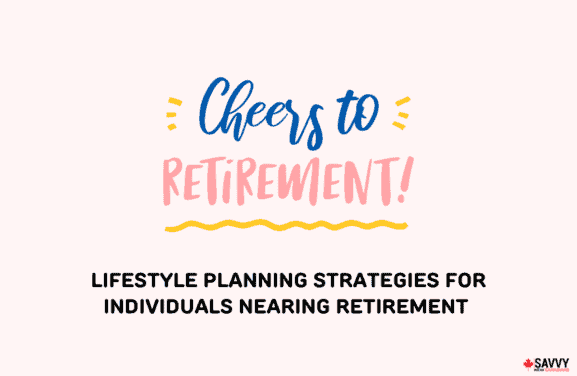I’m sure you have heard people talk about the so-called “RRSP Season” that ends on February 29, 2024. I was a part of that conversation in my article on how to increase your Canada Child Benefits by contributing to your RRSP.
To clear the air, you can contribute to your Registered Retirement Savings Plan (RRSP) all year round if you have an RRSP contribution room.
The 60-day deadline for every new calendar year (e.g. January 1 – February 29, 2024) is just a deadline for RRSP contributions you can claim in deductions for the prior year’s tax return (e.g. 2023 tax year).
Some Canadians take out RRSP loans to use up their RRSP contribution room. When does it make sense to take out an RRSP loan?
Key Takeaways
- It may make sense to take out an RRSP loan if you are in a high tax bracket and will enjoy significant tax savings when you claim your deduction.
- Using an RRSP loan can be a bad idea if you have high-interest debt or won’t be able to pay back the loan quickly.
- Ensure the benefits outweigh the interest charged by the loan.
Scenarios where an RRSP loan may make sense
1. You are in a high tax bracket
It generally makes sense to put funds in your RRSP if you are in a tax bracket that is higher now than what it would be when you are in retirement. The higher your tax bracket now compared to when you retire, the greater the tax savings.
This differential in taxes paid now instead of later may make the case for maximizing your RRSP before using up your Tax-Free Savings Account.
Also, the tax refund you get from making RRSP contributions is based on your marginal tax rate. When using an RRSP loan, the plan could be to pay back a substantial part of the loan with a tax refund.
For example, say your income is $100,000, and you take a loan of $9,000 to contribute to your RRSP. At a marginal tax rate of 43.4% (Manitoba), you can expect a tax refund of $3,906. This refund amount (43.4% of your total loan amount) can significantly lower the overall interest you pay on the loan.
2. You want to pay off your loan quickly
Even in a high tax bracket, taking out an RRSP loan only makes sense if you can pay it off quickly.
Although borrowing cost is lower these days, you still pay interest on RRSP loans. The longer you owe the bank, the more interest you will pay.
Interest paid on an RRSP loan is not tax-deductible. Therefore, if you can’t afford to pay off the loan quickly (in a year or less), the bank may be the only winner!
One strategy to ensure you pay interest on the loan for just a few weeks is to borrow the amount you are expecting back as a tax refund.

Related: What are Group RRSPs?
When not to take out an RRSP loan
1. You are in a low tax bracket
If you currently earn a low income, you may want to carry forward your RRSP contribution room to future years when your income is higher.
A low tax bracket also means low tax savings. Utilizing your annual TFSA contribution limit may be the savvy thing to do for now.
2. You have other high-interest debt
If you have credit card debt and other high-interest debt, it is better to focus on paying off these debts and not take on further debt via an RRSP loan.
The interest rate payable (20% or greater) on credit card debt far outweighs any potential returns you will make from investing in your RRSP. Pay off high-interest debt first!
3. You have poor financial discipline with debt
If you find it difficult to pay off debts you owe, taking on any kind of debt is a bad idea.
Conclusion
Not everyone has money lying around to invest a lump sum in an RRSP. One way to get around the last-minute rush to beat the “RRSP Season” deadline is to make regular small contributions throughout the year.
If you are considering taking out an RRSP loan, carefully consider the interest rate being offered, your marginal tax rate, and your ability to pay back the loan quickly.
Also Read:
- RRSP Basics You Need To Know
- Is OAS Taxable?
- CPP Payments: What You Need To Know
- The Defined Benefit Pension Plan is the Real Deal
- Retirement Benefits: The Old Age Security Pension
Looking to invest your RRSP in a hassle-free investment account with a low management fee? Consider Wealthsimple Invest.



